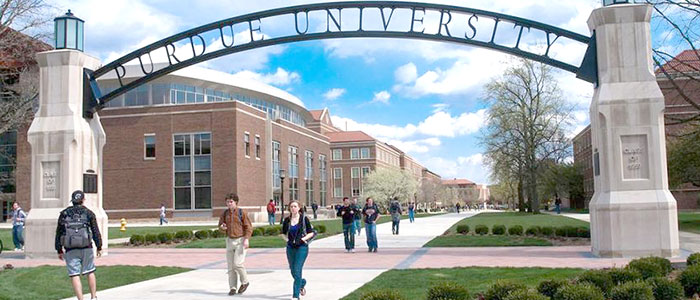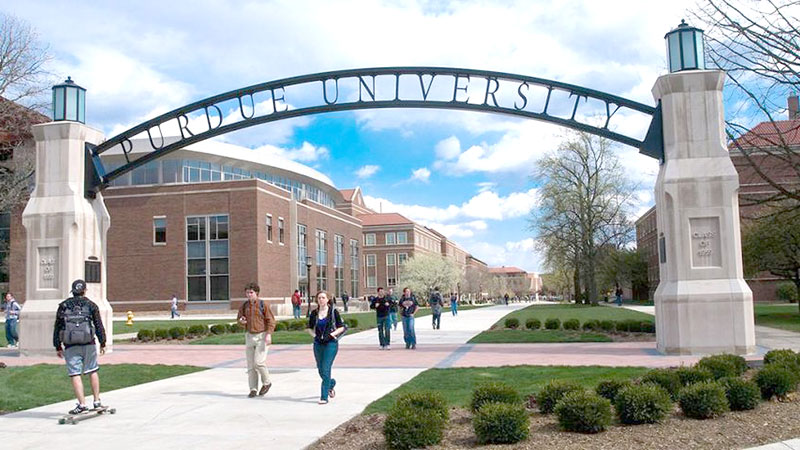
Though still in their infancy, income-share agreements (ISAs) already have many skeptics as well as defenders. Continued discussion and debate are needed to ensure the best outcomes, especially for students. But what exactly should we be discussing?
At Lumina Foundation, we are doing everything we can to help make affordable, high-quality postsecondary credentials available to all. ISAs could be one part of the solution, depending on what we learn from early adopters, including three promising models described in Do income-share agreements actually work to hold down college costs?
With these early ISA adopters in mind, let’s consider what conditions might allow an ISA to optimize opportunities for students—and where an ISA could potentially do more harm than good. Here are 10 questions that can help us start to shape the debate.
- Why is the ISA being offered? Every other question on this list depends on how this first question is addressed. The purpose influences the design of the program, the terms offered to students, and the potential types of investors and sources of capital.
- Does the ISA fill a gap in our financial aid system? Colorado Mountain College launched Fund Sueños (Dream Fund) for students who cannot access federal aid. The University of Utah, grappling with students’ debt aversion and extra time needed to graduate, plans to accelerate seniors’ timeline to graduation. And San Diego Workforce Partnership’s ISA creates a financing option for short-term, high-demand programs for students who otherwise would have had to pay out of pocket or take out a private loan. None of these programs seek to displace public aid with ISAs. Instead, they fill critical gaps that aren’t being met by the public federal and state funding system.
- How does the provider know what students need and evolve as those needs change? The three early ISA adopters (supported by Lumina) have had students involved from the start in the design of their ISA programs. Student involvement raises critical questions, such as, ‘How does the ISA stack with my loans and other aid?’ ‘What does this contract term mean?’ ‘What happens if I can’t pay it back?’.
- Who will benefit the most from the ISA? From the outset, the ISA’s various participants and their interests—including the provider, student, and funder—need to be clear. The provider or program responsible for designing and offering the ISA should also determine which of these interests could trump the others and under what circumstances. We have been pleased to partner with institutions that always put students first.
- Who’s funding the ISA and what are their expectations? ISAs will likely need to attract diverse capital—including philanthropic capital and/or a provider’s own funds—to absorb risk for investors, subsidize transaction structuring and servicing costs, safeguard student-friendly terms, and offer an investable product. Investors may also provide on-ramps for commercial capital through credit-enhancing tools, such as guarantees. These early market-shaping activities will help inform return expectations for ISAs moving forward.
- What third-party partners does a provider need—and at what cost? Many early ISA adopters are working with third-party servicers. Why? ISAs require financial services capacity for origination, disbursement, and collection of ISA funds. Most providers don’t have this capacity and building one does not make sense for a small ISA pilot. This could change, though, if the ISAs succeeds and grows as a reliable financing mechanism.
- Does the ISA fit into a broader suite of supports for access and completion? The University of Utah’s ISA program is launching with a dedicated financial aid advisor to help all students file a FAFSA, obtain all available aid, and use the ISA to meet any last-mile financing needs. Similarly, the San Diego Workforce Partnership provides information on similar programs that may be available for free, and requires all ISA holders to meet with an advisor and then consider all options for a few days before signing the ISA agreement.
- What role does location play? Context matters, particularly local labor market dynamics. We often hear that national data on student debt, repayment, and default fail to account for different standards of living across the country. These early ISA models may shed light on how to use data to set reasonable terms such as minimum wage thresholds for specific communities and occupations.
- What legal framework should govern? This is already a central question in the ISA debate. No matter the legal framework, ample, universal consumer protections for students must be in place. ISA providers can help with this by establishing a high bar, rather than waiting for minimal standards to be defined by policymakers.
- What does success look like? Too much of today’s conversation about ISAs is theoretical and not grounded in actual outcomes. We can address this gap by assessing early adopters for impact on educational, financial, and social outcomes for students, providers, and investors.
Answering these questions can inform both the prospects for ISAs and the broader higher education affordability debate. In fact, ISAs are connected to ongoing policy and practice discussions about return on investment (i.e., affordability plus employability), outcomes and accountability, postsecondary business models, and public-private partnerships. These connections are an essential reason to keep an eye on ISAs.
At Lumina, we believe it’s best to start small in exploring ISAs before attempting to launch them at scale. This will give all of us time to better understand the experiences and outcomes of early ISA adopters. We’ll use those lessons—alongside these 10 questions and many more—to find the best solutions for those who matter most: the students.
